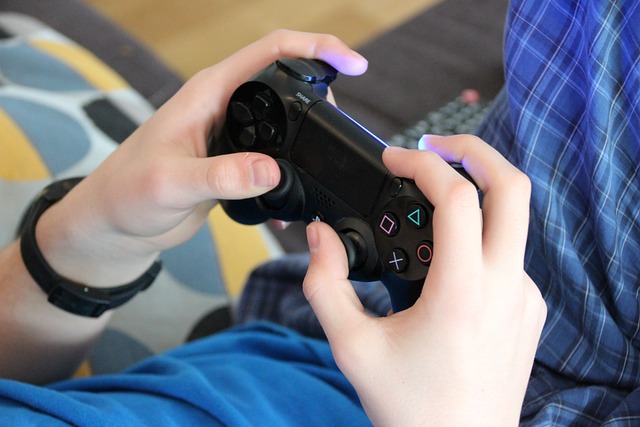In today’s digital age, gaming has become an integral part of many teenagers’ lives. From immersive virtual worlds to adrenaline-pumping multiplayer battles, gaming offers a vast array of experiences. However, with this digital immersion comes potential risks that parents need to be aware of. As a parent, it’s crucial to ensure that your teenager stays safe while gaming. Here are some tips to help you navigate this virtual landscape and foster a secure gaming environment for your child.
- Educate Yourself: Start by familiarizing yourself with the games your teenager plays. Understand the content, interactions, and potential risks involved. Stay updated on popular gaming trends and platforms. This knowledge will empower you to have informed conversations with your teenager about gaming safety.
- Set Clear Boundaries: Establish guidelines regarding gaming time, content, and online interactions. Set limits on screen time to ensure that gaming doesn’t interfere with other aspects of your teenager’s life, such as schoolwork, socializing, and sleep. Encourage a healthy balance between gaming and other activities.
- Monitor Online Interactions: Online gaming involves interacting with other players, some of whom may not have the best intentions. Teach your teenager about online safety, including the importance of not sharing personal information, avoiding conversations with strangers, and reporting any inappropriate behavior or content.
- Enable Parental Controls: Most gaming platforms and consoles offer parental control features that allow you to restrict access to certain games, set time limits, and manage online interactions. Take advantage of these tools to tailor your teenager’s gaming experience to their age and maturity level.
- Encourage Open Communication: Create a supportive environment where your teenager feels comfortable discussing their gaming experiences with you. Be open to listening to their concerns, interests, and challenges related to gaming. Use these conversations as opportunities to reinforce safety guidelines and address any issues that arise.
- Lead by Example: As a parent, your actions speak louder than words. Be mindful of your own gaming habits and how they may influence your teenager. Set a positive example by demonstrating responsible gaming behavior, such as taking breaks, respecting boundaries, and prioritizing offline activities.
- Stay Vigilant for Signs of Problematic Gaming: While gaming can be a fun and rewarding hobby, excessive gaming or gaming addiction can have negative consequences on your teenager’s well-being. Keep an eye out for signs of problematic gaming, such as withdrawal from other activities, declining academic performance, mood swings, and changes in sleep patterns. If you have concerns, seek professional guidance and support.
- Promote Healthy Habits: Emphasize the importance of maintaining physical and mental health while gaming. Encourage regular exercise, proper nutrition, and adequate sleep. Set aside time for family activities and hobbies that don’t involve screens. Help your teenager develop a well-rounded lifestyle that includes both gaming and other fulfilling pursuits.
In conclusion, while gaming offers many benefits, it’s essential for parents to prioritize their teenager’s safety and well-being in the digital realm. By staying informed, setting clear boundaries, fostering open communication, and promoting healthy habits, you can help your teenager navigate the world of gaming responsibly and enjoyably. Remember that your guidance and support are invaluable as your teenager explores the virtual worlds of gaming.

